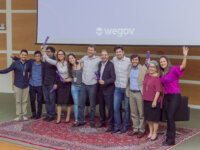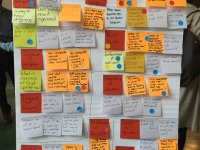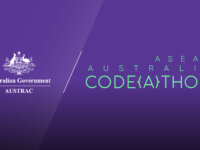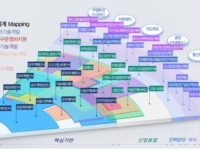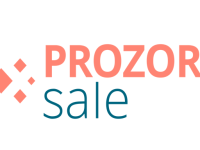HubGov is an interinstitutional program of innovation in Government that has the participation of institution from the three spheres and three powers. Through a learning trail in innovation and intrapreneurship skills, each institution comes up with a complex challenge and at the end of the program presents a solution proposal to this challenge.
Innovation Tag: Challenges and Awards
Louisville, like many cities, experienced a spike in homicides starting in 2016. Recent deployment of gunshot detection technology has been effective at pinpointing where and when gunshots occur. On average, police officers arrive long after the critical, first ten minute window to stabilize injuries. Placing drones strategically throughout our city, we will be able to deploy a camera to the scene within 90 seconds of when a gun is discharged and rapidly dispatch emergency medical personnel.
AUSTRAC is the first known government law enforcement or intelligence agency to run a global Codeathon forum. AUSTRAC leveraged innovation, collaboration and exploited technology to improve its business operations, develop efficient new solutions in consultation with government partners, industry, academia and the private sector.
The Government of Korea is beginning to implement a new innovation investment model, 'R&D PIE', which leverages big data analytics and machine learning in order to assess disruptive changes in the technology landscape, and to identify overlaps and potential opportunities across the Korean ministries. Through this, the government has a way of identifying missing links in the innovation initiatives, fostering collaboration among agencies, universities, and companies, and solving social problems.
The Free Education platform is an open and collaborative learning space that seeks to awake the interest of Brazilian youth in their personal and professional development. It is a free, open platform, and its practical, interactive content is especially directed at lower income youths (between the ages of 16-24), that have not completed high school and do not have the necessary skills to find employment or interest in continuing their studies through formal education.
GovTech Poland is a completely new way of bringing innovations to the public sector. We have set out to define new procurement rules, set standards and build bridges between innovators and officials. Organising competitions, workshops, and introducing new digital solutions ourselves, our objective is to make the administration an agile, responsible partner for SME's and startups.
Social Challenges Innovation Platform is a far-reaching European action aiming to create an online ecosystem encouraging the interaction between social innovators and SMEs for the co-development and take-up of sustainable and marketable innovations with clear social impact. Social Challenges Innovation Platform (financed by the European Commission under Horizon 2020) granted 81 social entrepreneurs with a total 2,5 million Euros to solve real challenges in different cities around Europe.
NRCan's Office of Energy Efficiency (OEE) Social Innovation UnLab (SIU) is working with program colleagues and Carrot Insights to deliver an energy efficiency rewards pilot via the Carrot Rewards mobile app. Our hypothesis: Engaging Canadians on their smartphones and gamifying learning and action will improve awareness and adoption of energy-efficient behaviours. The pilot is delivering results and entering its third phase this year (2018).
ProZorro.Sale is an electronic auction system aimed at transparent sales of state and local government assets. It involves a central database that conducts auctions and stores all the information about the transaction and commercial platforms connected to the database via Application Programming Interface (API). After the transaction all the information becomes public.
In order to support the operation of certified cash registers, the Financial Administration (FA) launched a crowd-sourcing campaign in 2016 for the purpose of motivating consumers to receive an invoice, take it, check whether it is correct and send it to the FA. This way, every citizen was able to contribute crack down on invoice fraud and to reduce the shadow economy (which is the part of an economy involving goods and services which are paid for in cash, and therefore not declared for tax.)

